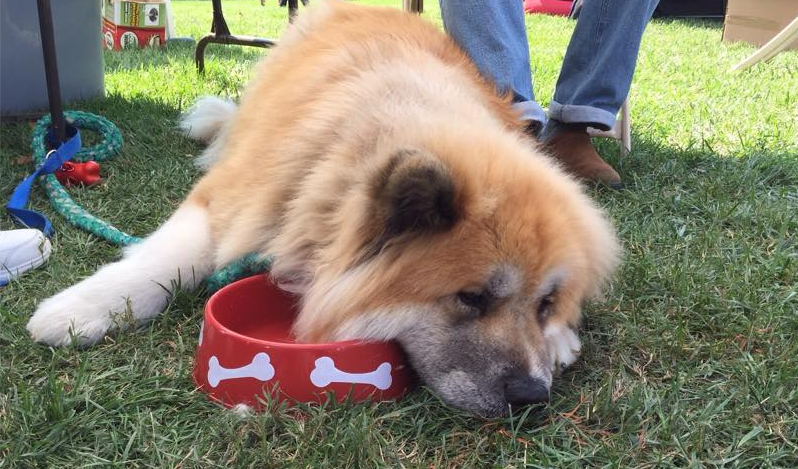The statistics are sobering. Every four seconds, a companion animal enters a U.S. shelter or rescue. That cold reality adds up to 7.8 million pets left looking for new homes, annually. Sadly, nearly half of those animals will be euthanized. MaryBeth Yannessa of Animal House Project (AHP) envisions a world where more owners can keep their pets at home and out of shelters. A big key, she says, is providing pet food and pet care services to families in financial straits.
“Poverty is the number one reason why most of our families feel the need to surrender their pets,” MaryBeth explains. But thanks to organizations like Animal House Project, help is available.
The non-profit group operates three pet food pantries in southeastern Pennsylvania, distributing more than 14,000 pounds of pet food each month to families in need. Some are senior citizens and retired military personnel living on fixed incomes, others are families reeling from job losses or layoffs. While the causes of their financial challenges are varied, all of Animal House Project’s clients live well below the poverty line.
Their stories are heart-wrenching. MaryBeth recalls one middle-aged single mother, struggling to care for three children and two German shepherds. “She was diagnosed with stage 3 breast cancer and found herself choosing between paying for an experimental medical treatment for herself or feeding her dogs,” Mary Beth explains. “She chose the dogs.” AHP stepped in to cover the dog food, enabling the woman to afford her clinical trial medications.
Cats and dogs are the big beneficiaries, but AHP distributes all kinds of feed. “On pantry days, we give out feed for horses, cats, birds, hamsters, chinchillas, rabbits, ferrets – you name it and we’re feeding it,” MaryBeth says with a smile. The organization also helps pet owners with low-cost spay/neuter surgeries, vaccinations, pet supplies and wellness services.
“My fervent hope is that all pets can live in a loving, forever home with uncompromised care,” MaryBeth insists. By providing food and basic veterinary care, Animal Health Project makes that hope a reality for hundreds of clients each year.

